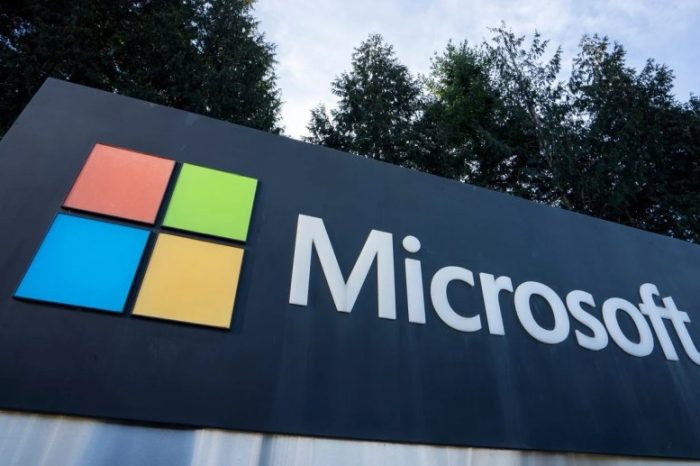Verizon lays off 13,000 employees, the largest job cuts in company history as new CEO launches major restructuring

Verizon is embarking on a sweeping overhaul under new CEO Dan Schulman, and the shift is affecting the company harder than many expected. The carrier confirmed it will cut more than 13,000 jobs—its largest single layoff on record—as it tries to reset operations and rebuild momentum in a wireless market that has turned into a fierce fight for subscribers.
A company spokesperson confirmed the job cuts, saying, “This is an opportunity for Verizon to reset, restructure and realign our priorities on ways that will help us regain our leadership as a communications provider.”
This move follows the signals that surfaced last week. The Wall Street Journal reported that Verizon was preparing to shed roughly 15,000 roles as Schulman pushed for the first major reset of his tenure. That reporting now lines up with the official plan, which marks one of the most dramatic workforce reductions the company has ever undertaken.
In a note to employees, Schulman said Verizon’s “current cost structure limits our ability to invest significantly in our customer value proposition.” He told staff the company must simplify operations, remove friction points that slow down service, and cut outside labor spending. A spokesperson echoed that the layoffs offer “an opportunity for Verizon to reset, restructure, and realign our priorities on ways that will help us regain our leadership as a communications provider.”
The restructuring goes well beyond job cuts. Verizon will convert 179 corporate-owned retail stores into franchised operations and shut down one store entirely—another sign of the company pulling back from high-cost assets as it tries to stabilize performance.
The company stressed that the layoffs are not tied to its use of AI. Even so, Schulman said Verizon will create a $20 million career transition fund to help displaced workers “focus on the opportunities and necessary skill sets as we enter the age of AI.” It’s a striking choice of words as the telecom sector shifts toward automation, software-driven networking, and more efficient service models.
Verizon has been under rising pressure as AT&T and T-Mobile continue to outpace it in subscriber growth. In the most recent quarter, Verizon added just 44,000 monthly bill-paying wireless subscribers. AT&T outperformed it, and T-Mobile pulled in over a million new customers. That gap has raised concerns about whether Verizon can keep up without deeper cost cuts and more aggressive strategic moves.
Schulman arrived from PayPal in October after serving on Verizon’s board since 2018. He stepped into the role during a sensitive period. Competitors have been throwing out aggressive discounts tied to new iPhone models, cable operators are targeting wireless customers more directly, and the pool of first-time mobile subscribers in the U.S. continues to shrink.
According to Reuters, the company had roughly 100,000 U.S. employees at the end of 2024, including about 70,000 non-union positions. It already eliminated nearly 20,000 roles over the past three years, but this new wave reflects a more urgent pivot.
Verizon has been spending heavily to stay competitive. It paid $52 billion for key midband 5G spectrum in 2021, struck a $20 billion deal to acquire Frontier Communications last year, and spent $6 billion to buy TracFone Wireless. Those bets were meant to strengthen its network and expand its reach, but they also added pressure to deliver stronger financial performance.
Today’s restructuring represents Schulman’s attempt to reset course. Verizon isn’t framing this moment as a short-term correction. It reads more like a full-scale recalibration as the carrier tries to reclaim its position in an industry where pricing pressure, shifting customer habits, and massive infrastructure spending have changed the ground beneath its feet.




